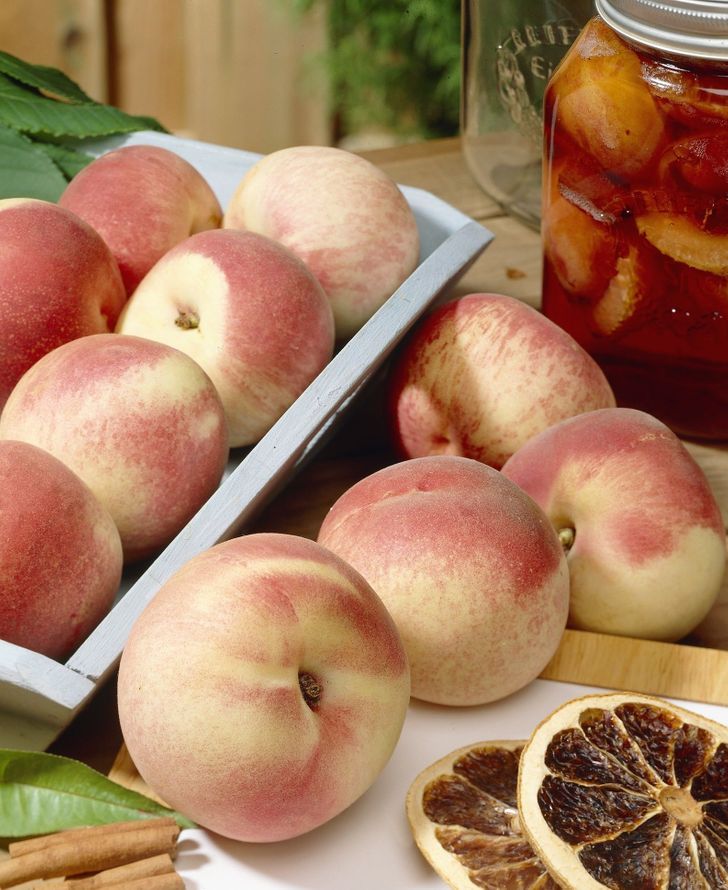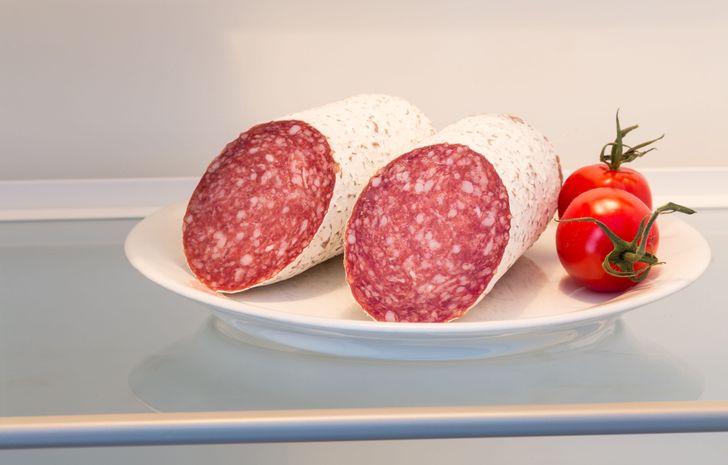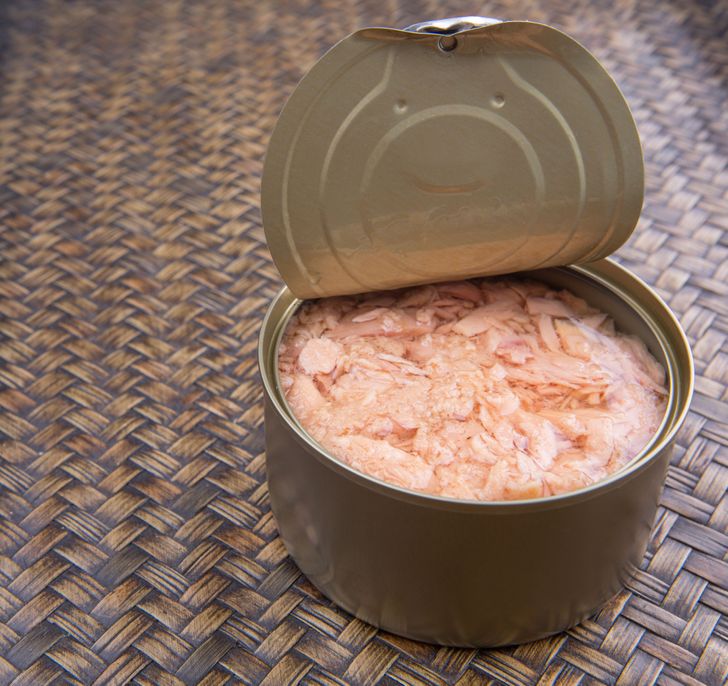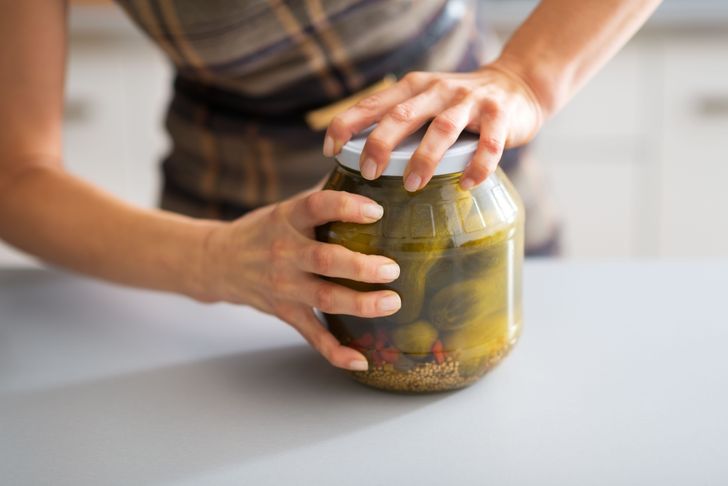My Belgian friend always puts the chocolate in the fridge so I guess I will do it too, they kinda are the experts on chocolate no? 😁
15 Foods That You Don’t Have to Keep in the Fridge
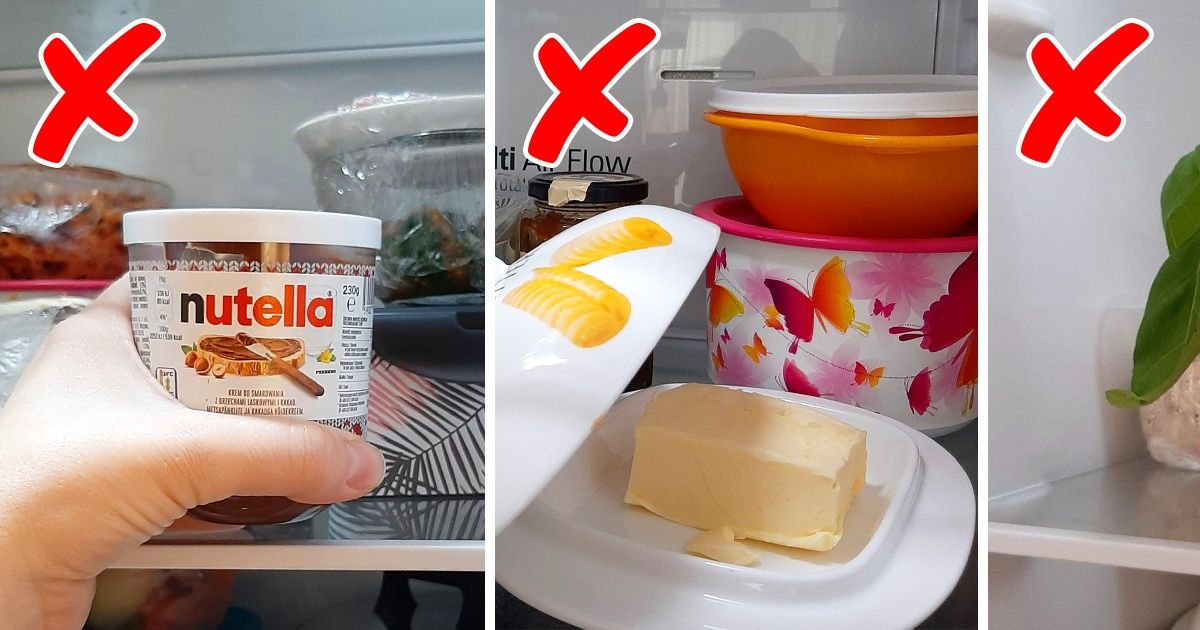
People are so used to storing food in the fridge that they don’t really think about what’s really worth putting in there and what’s better off being kept at room temperature. Even when the packaging says “store in a cool dry place,” we automatically put the item into the fridge.
At Bright Side, we store most of our food in the fridge too. But we wondered, “Is this really necessary?” We were really surprised to find out that the foods mentioned below shouldn’t be kept in the fridge.
Bell peppers
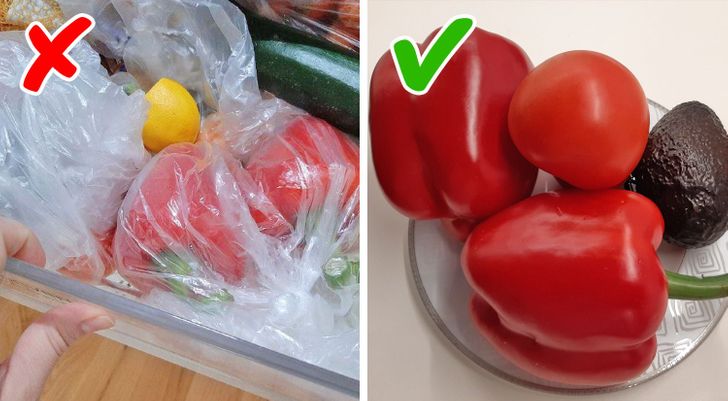
You don’t have to keep bell peppers in the fridge. They can easily be stored at room temperature in a kitchen drawer or paper bag. Besides, bell peppers lose their freshness and crispness in the fridge.
Exotic fruits

Bananas, mangoes, papayas, and other tropical fruits are best kept warm. Low temperatures ruin their appearance (like bananas, which can turn dark brown) and their texture.
Sauces
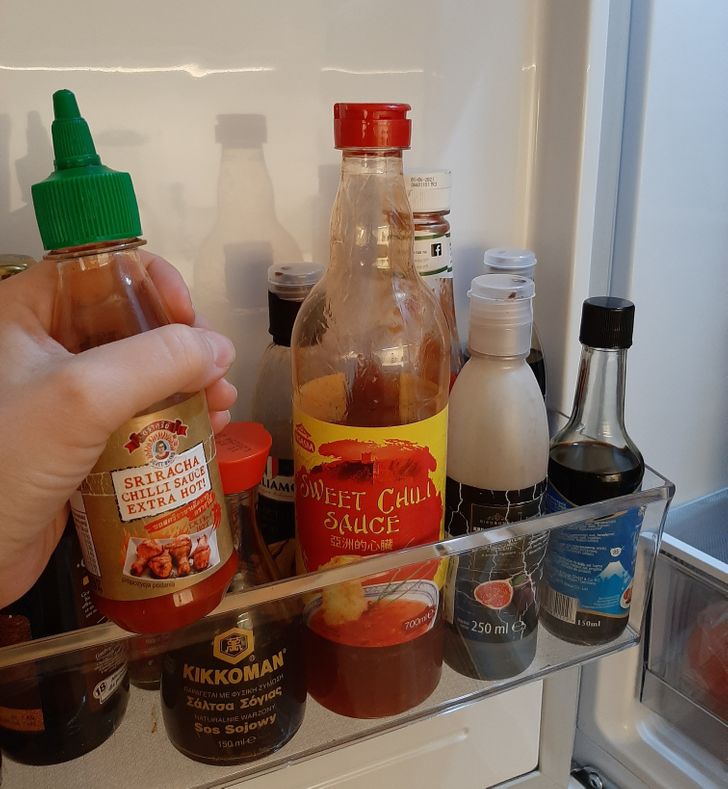
Ketchup, mustard, soy sauce, balsamic vinegar, sweet and sour, and spicy sauces can all easily get stored in a kitchen cabinet, even if they’ve been opened. There’s no point in keeping them on a shelf in the fridge. You may have noticed that sauces are often kept in stands on tables in cafés and restaurants.
Chocolate
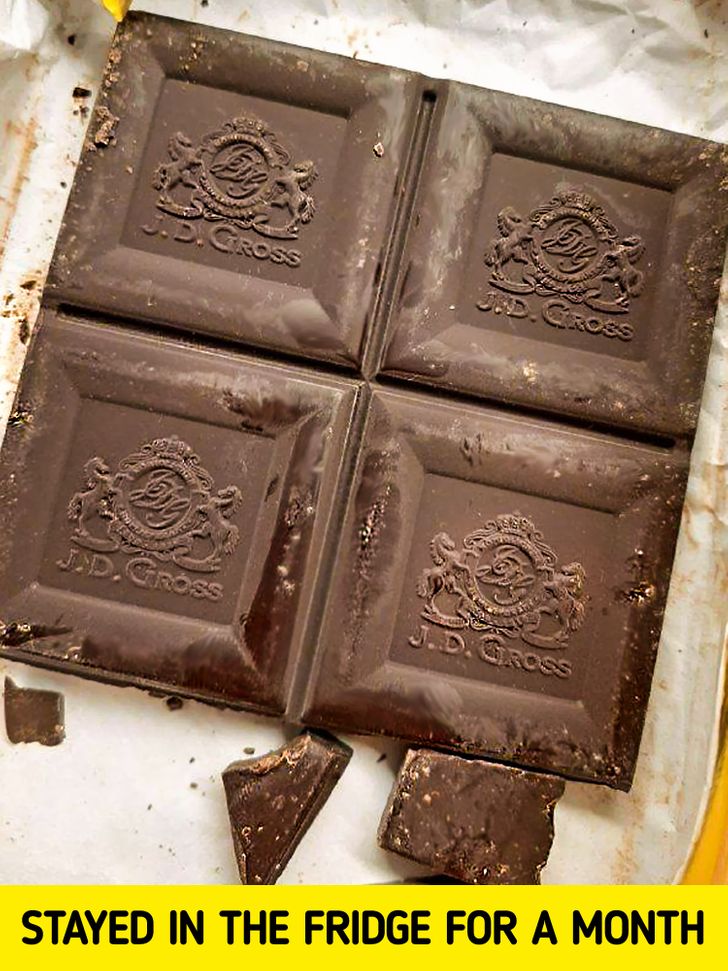
Never store chocolate in the fridge. Apart from the fact that it absorbs other scents, moisture inside the fridge can give the chocolate a white coating: this is the sugar coming to the surface. This coating doesn’t affect the taste, but it doesn’t look very appealing. Chocolate can be stored anywhere from 60°F to 70°F for at least 6 months.
Butter

We are accustomed to keeping butter in the fridge because it’s a dairy product, and dairy products can spoil at room temperature quite quickly. However, butter is a slightly different story. Its main component (80%) is fat. The high percentage of fat combined with the low percentage of water makes the product unsuitable for bacterial growth. Therefore, butter can be safely kept at room temperature for at least a few days.
Peaches
When peaches are firm to the touch and lack their signature sweet fragrance, they need a few more days to ripen before they’re ready to eat. Until then, the best place to store them is on the counter at room temperature. Keep them unwashed and place them stem-side down. Ripe peaches are best when eaten right away, but if you have more than what you can eat in a single sitting, stash them in the refrigerator for up to a couple of days. The cool temperature slows down the ripening process and prevents the peaches from quickly spoiling.
Bread and other pastries
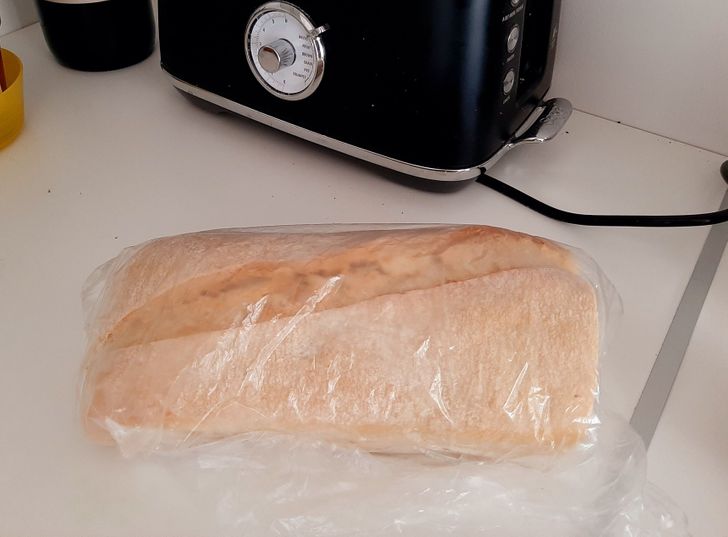
Unopened soda and soft drinks
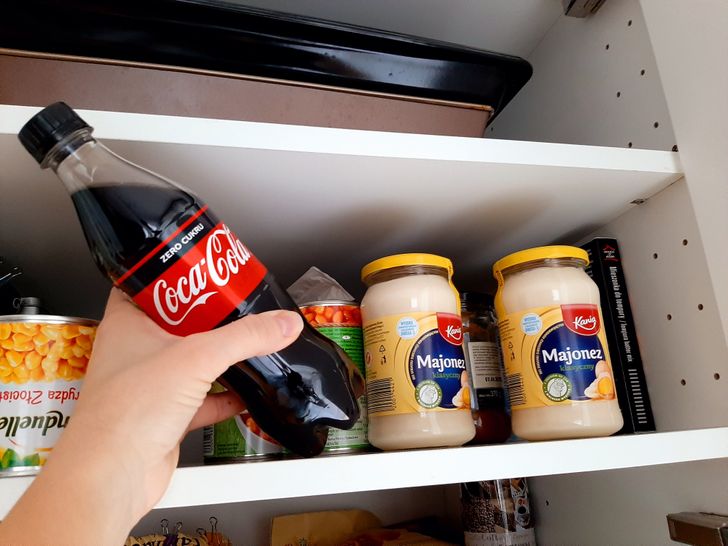
Soft drinks, like juices or cola, are good to store in warm places as well as cool temperatures. If there have been no sudden changes in temperature and the packaging hasn’t been damaged, the juice that has been stored in the cabinet for several months is good enough for consumption.
Salami
As a cured meat, salami can keep for months. The best way to store any cured meat is by hanging it in a cool and ventilated place (at approximately 50°F to 60°F) where it will continue to mature. If this is not possible, then place it in the fridge.
Canned fish
You don’t have to keep unopened cans in the fridge, they won’t become “fresher” because of it. They can stay on the shelf in a store for months without having any problems. But if you opened the can, transfer the fish to a sealed glass container or plastic bag and put it into the fridge.
Basil
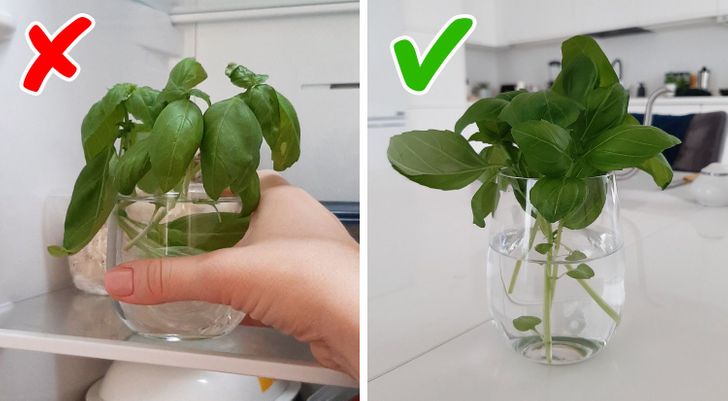
To keep basil fresh, trim the stems and place them in a glass or jar of water, just like cut flowers. Loosely cover it with a plastic bag and leave it on the counter. While certain herbs, such as parsley and cilantro, can be stored this way in the fridge, basil does better at room temperature. Refrigeration can turn the leaves black.
Peanut butter and Nutella
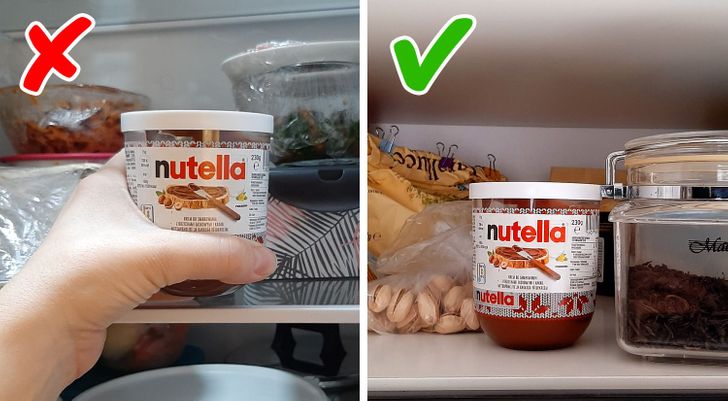
Peanut butter doesn’t contain much water, so it can be stored in your pantry. It’s not necessary to refrigerate an opened jar of commercially manufactured peanut butter either. An opened jar of processed peanut butter will usually keep for about 3 months when stored in a dark cupboard at normal room temperature. You shouldn’t keep Nutella in the fridge either. It will become tough and difficult to use.
Apples and pears
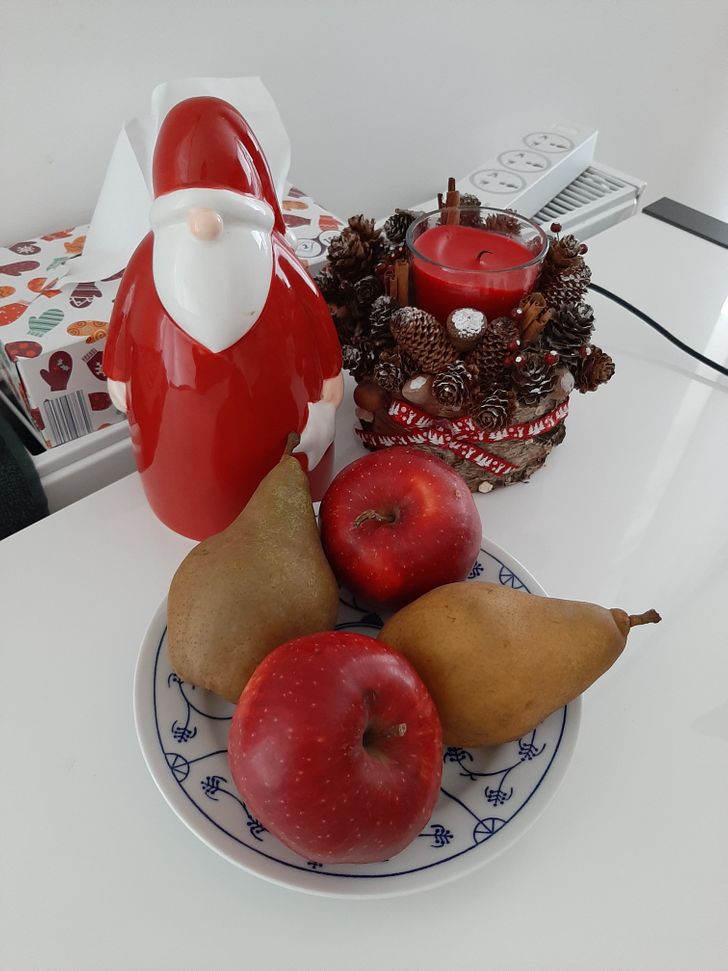
You can refrigerate these fruits but you don’t need to. The cold air inside the refrigerator tends to break down their crisp texture. Leave them out on the counter. But if you prefer your fruit cold, go ahead and refrigerate it.
Pickles
Pickles have enough sodium — a natural preservative — to keep them safe for a long time. The only reason to refrigerate them is if you prefer to enjoy them cold.
Garlic
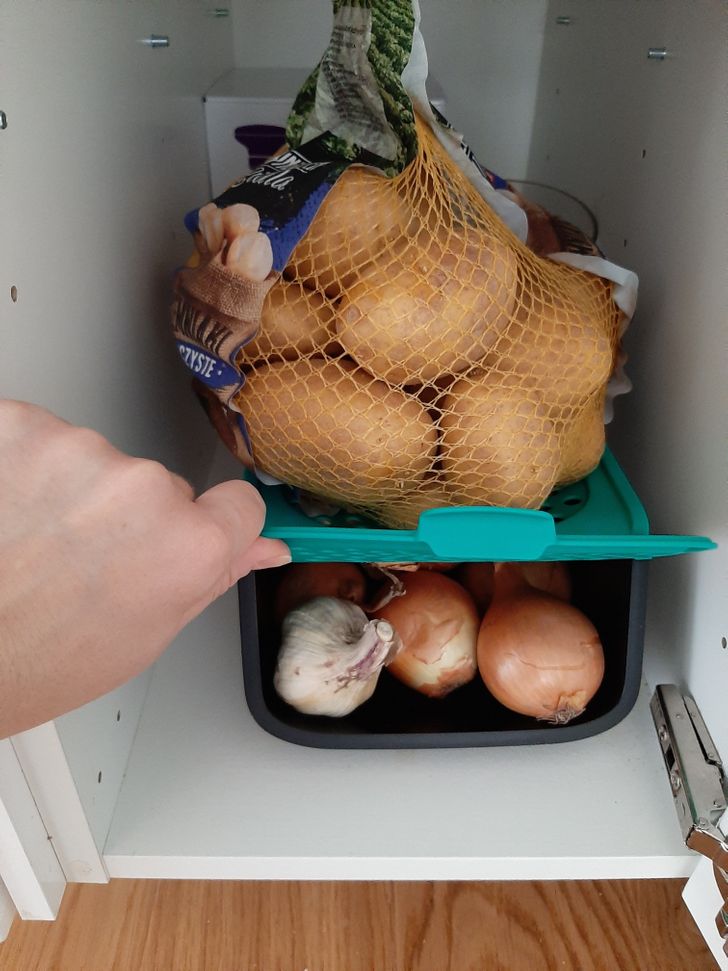
Light and moisture are garlic’s worst enemies as they both cause mold to grow. Instead, store garlic at room temperature in a dry, dark place that has plenty of air circulation, like in a wire-mesh basket or open paper bag in a cupboard or pantry. When stored in a cold environment, like the refrigerator, garlic will begin to sprout in no more than a few days. While sprouted garlic is still edible, it can sometimes be a little bitter-tasting.
Do you know any other foods that you shouldn’t refrigerate? Tell us in the comments below.
Comments
I put some things in the fridge because I prefer them cold like soda and sauces, not really because you HAVE to put them in the fridge
What about eggs? They don't need to be in the fridge either
whos the real brightside maker
Related Reads
18 Seniors Whose Sharp Wit Proves Humor Only Gets Better With Age

20 People Who Called Off the Wedding and Don’t Regret It for a Second

18 Stories That Prove Kindness Can Come From the Most Unexpected Places

10 Christmas Gifts That Missed the Mark So Badly They Became Legendary

14 Stories That Prove Kindness Is the Most Powerful Force on Earth

12 Moments of Kindness More Rare Than a Solar Eclipse That Show a Kind Heart Can Change the World

I Refused to Give Up My Baby, So My Mom Exposed a Terrible Secret

I Refuse to Give My Inheritance to My Stepson—I’m Not His Personal Bank

I Canceled My Sister’s Free Childcare—Her Cruel Words Cost Her My Support

14 Stories That Prove Relationships Can Take the Wildest Turns

18 Stories That Prove Simple Kindness Is the Loudest Statement of All

I Refused to Let My DIL Walk All Over Me in My Own House—Then She Went Too Far

